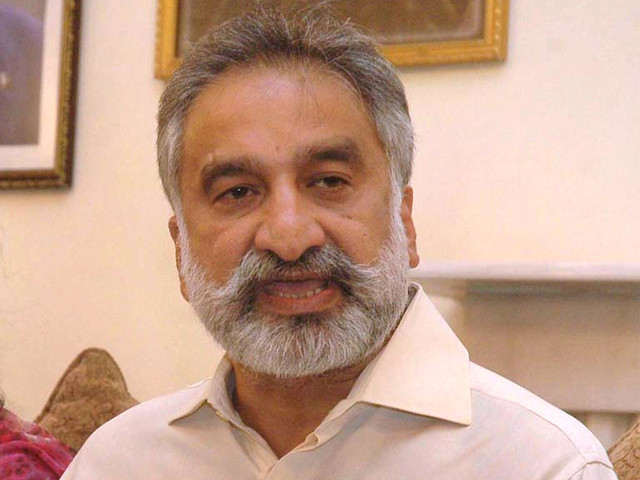Karachi’s culture of violence
No one can win in Karachi. Political manoeuvrings are meaningful when the paradigm of the state is in place.

All commentaries in the media have, more or less, accused brawling political parties and criminal gangs of destroying the peace of Karachi. The crux of the investigation into violence is that no party is innocent and that police authorities are loath to catch hold of the people involved because they are in power. Mr Mirza alleged that in one case, an office-bearer of the party was found embroiled in a case of kidnapping for ransom. He was, however, right in saying that “all political parties are responsible for the situation Karachi is faced with”.
Since the MQM was the overt target, it has taken deep umbrage and has convened meetings in Karachi and London to inspect videos of Mr Mirza’s speech, and plans to talk to President Asif Ali Zardari and Prime Minister Yousaf Raza Gilani after the tenth of Muharram to ask about the PPP’s intention. It called Mirza’s speech an “unwarranted confrontational” one, which had caused anger and alarm.
Anyone who has kept track of the aggressive statements of the MQM in the past days will probably think that Mr Mirza’s outburst was a kind of repartee. Mr Altaf Hussain had started with appeals to bring to account the feudal landlords by initiating land reforms aimed at stripping them of their landholdings, and ended with a call for a long march that will, presumably, bring down the PPP government. Mr Hussain has joined the growing opposition to the reformed general sales tax in parliament and broken ranks within the ruling coalition in Islamabad which many think might start a knock-on desertion among the other partners.
What must trouble the PPP even more is the growing tactical coordination of the MQM with the PML-N which, for its part, has now clearly embarked on a campaign to force the Gilani government out of power. Not long ago, Nawaz Sharif had refused to bite the bait of “revolution” thrown by Mr Hussain; he seems more inclined to borrow some of the latter’s war paint now. It appears that the MQM is finally ready to take on the PPP, probably to force more concessions out of it in Karachi.
To be fair to the Sindh home minister, he said that 26 out of the 60 target-killers held belonged to the largest party of Karachi “while the rest were also affiliated with other parties”. The MQM counter-attack, that the PPP was protecting dacoits in Lyari, was forestalled by the minister when he boasted that Lyari’s most notorious outlaw, Rehman Dakait, was eliminated by the PPP government.
Commentators have talked of brinkmanship as a significant plank in MQM’s Karachi politics. A section of them think that Mr Hussain in London will gracefully accept any concessions that the PPP may have to make and then withdraw his challenge of the long march and opposition to the RGST. On the other hand, there is also the opinion that the MQM cannot afford to leave the PPP-led coalition in Sindh if it wants its supporters to survive. But we are then talking of a full-blown war in which the state — which has already disappeared to a great extent — will be the casualty.
No one can win in Karachi. Political manoeuvrings are meaningful when the paradigm of the state is in place. If the state withers, inward-looking communities will fight for their various turfs, annihilating areas where different ethnicities have interpenetrated. One thought that the PPP, MQM and ANP were threatened by international terrorism and the Taliban. The logic of ‘cooperation for survival’ must spring from this commonality. If there was a past pattern of ‘rocking the boat’ as strategy, it must end now.
Published in The Express Tribune, December 15th, 2010.















COMMENTS
Comments are moderated and generally will be posted if they are on-topic and not abusive.
For more information, please see our Comments FAQ